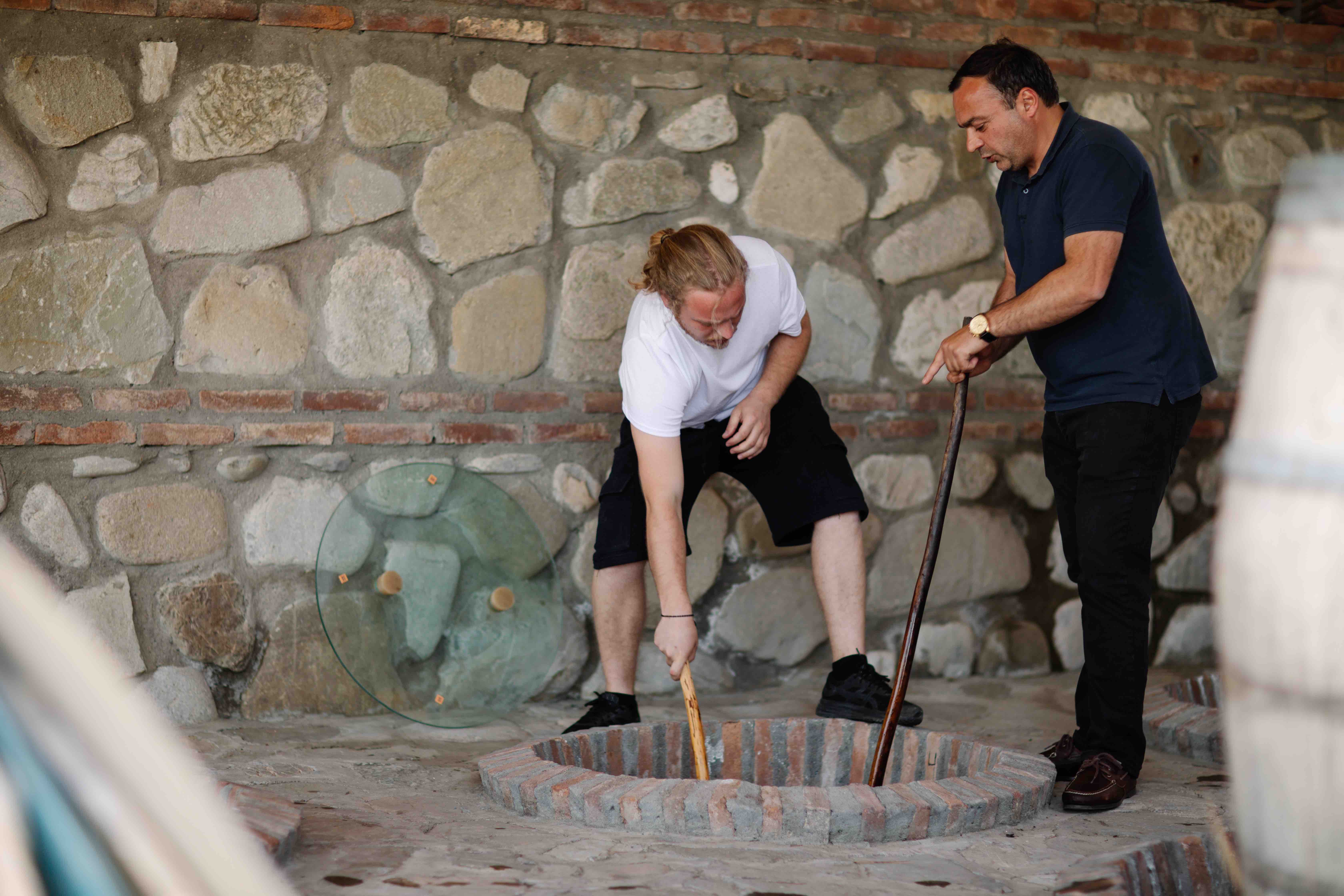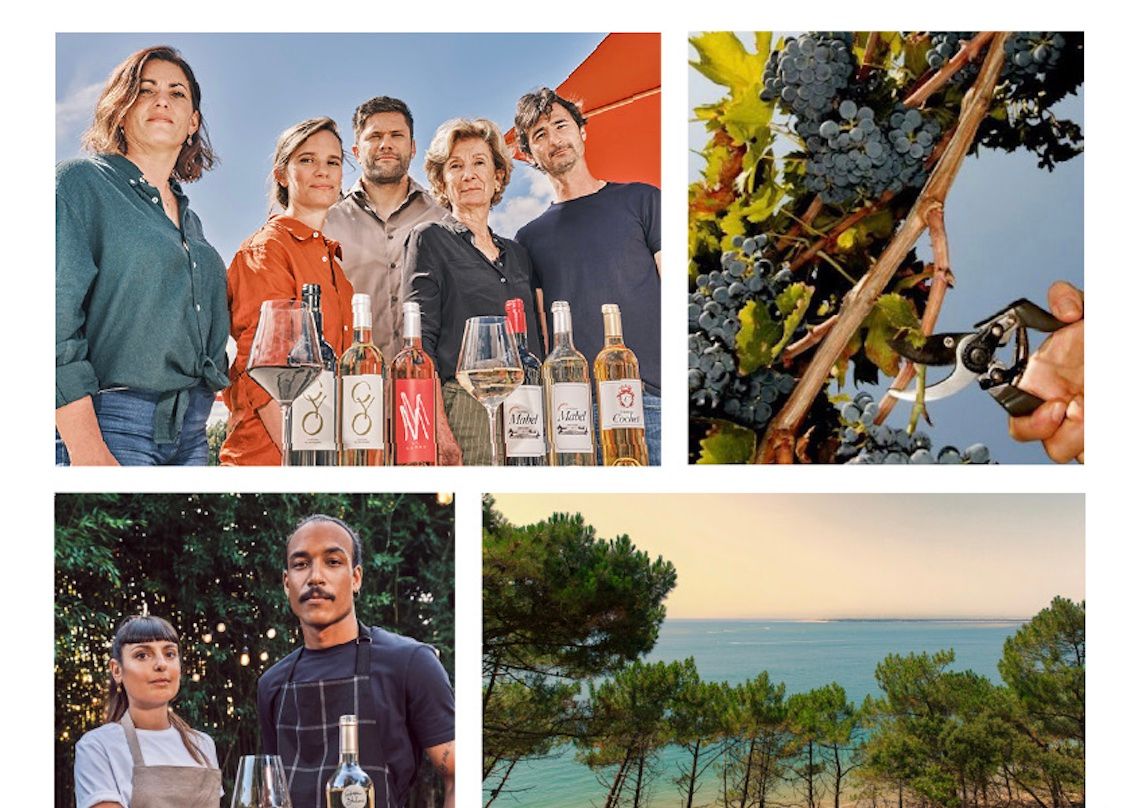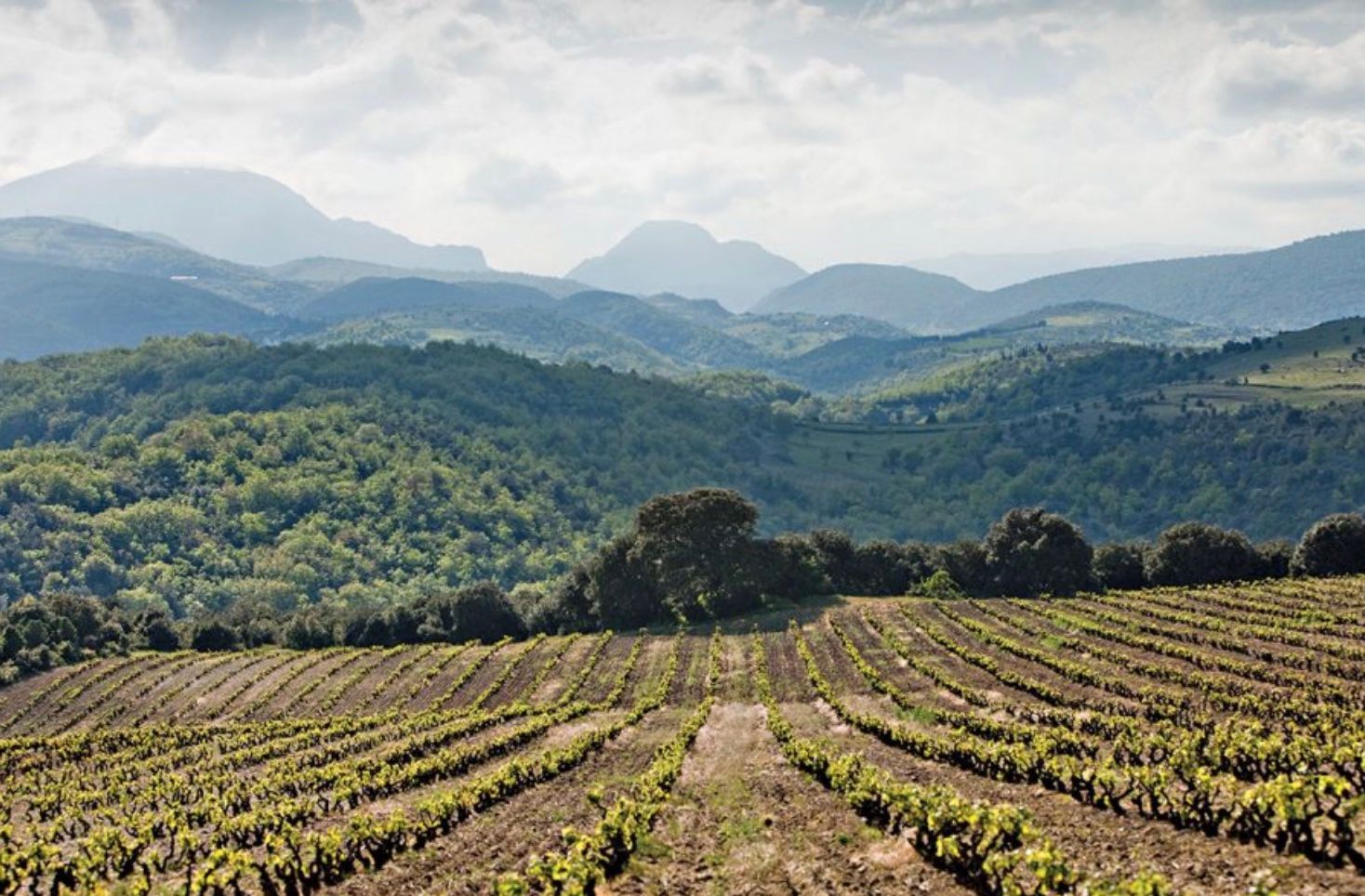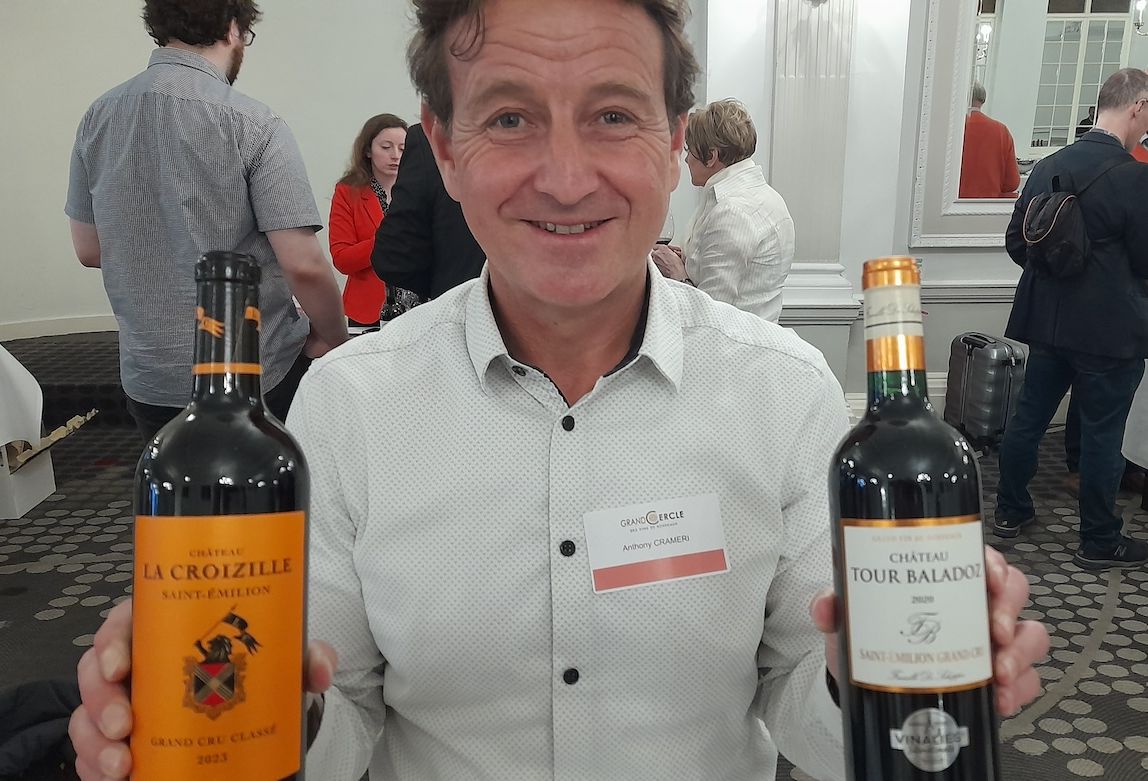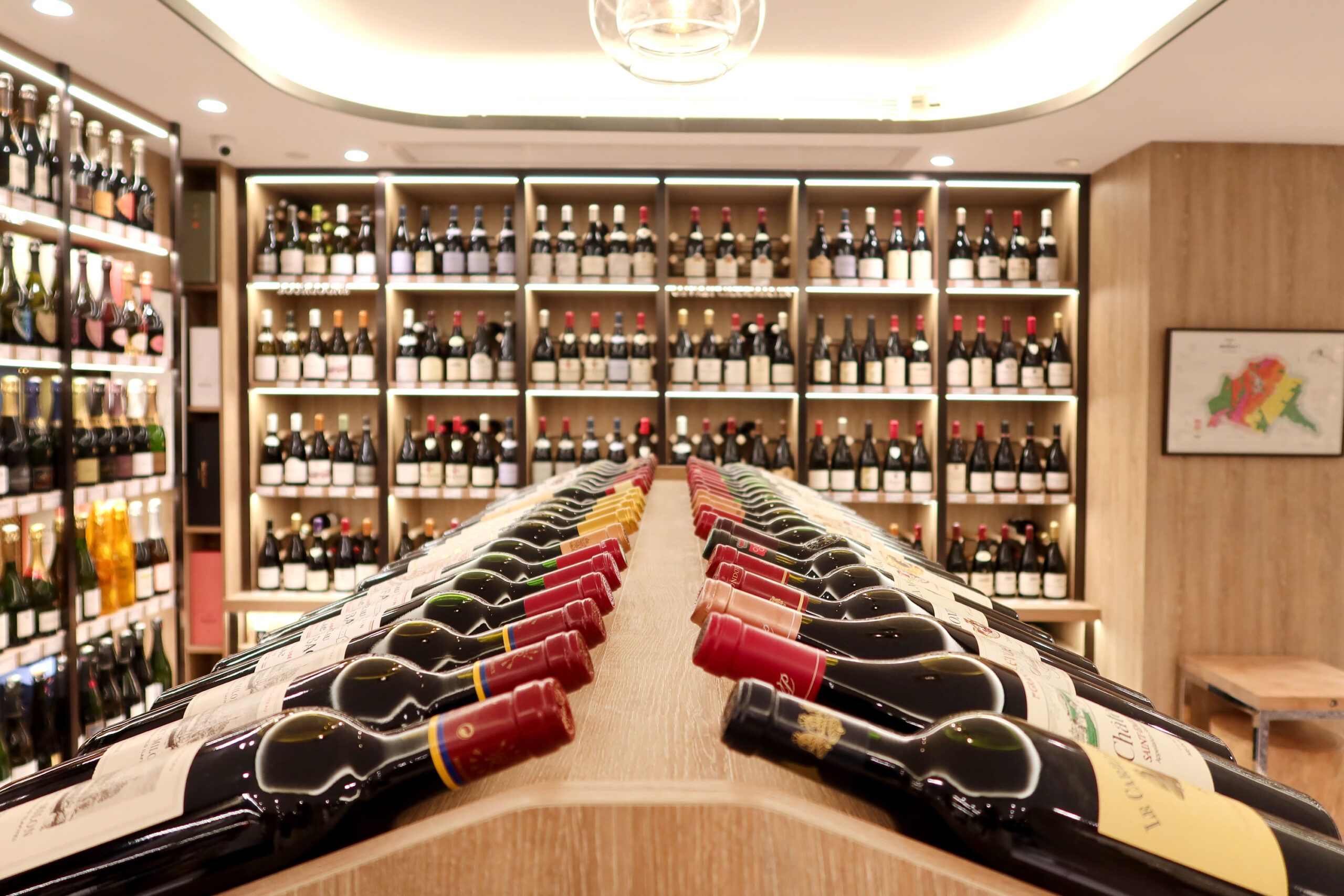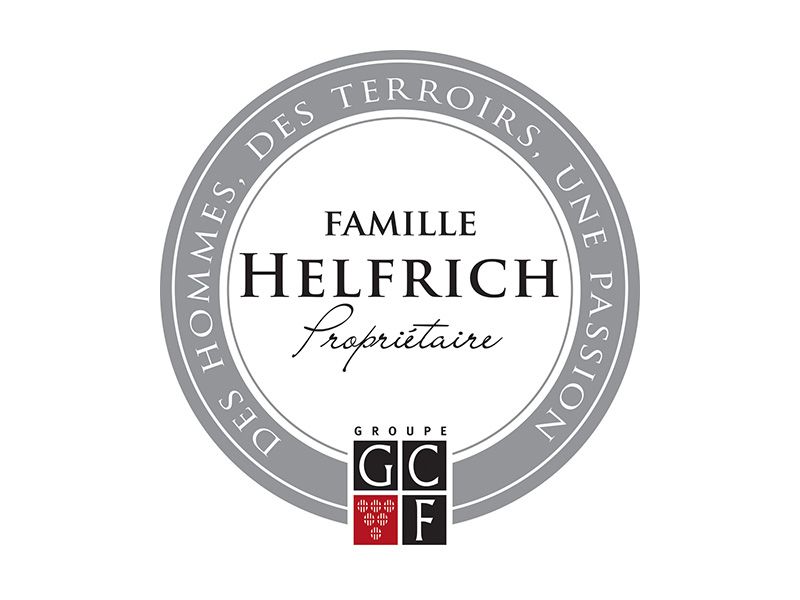If you look at the most so-called “disruptive” businesses in the world then it is how they have been able to transform the way we move goods, or people from A to B, that they are most famous for. The wine industry is no different with the ever increasing demand and rise in bulk and bottled in market wine.

Is bulk wine the wine industry’s equivalent to the impact that Uber has made?
If you were told at your child’s parents’ evening that your little Jimmy was the most “disruptive” member of the class then your heart would sink and little Jimmy would be told he needed to pull his socks up.
Yet turn round to a business leader or chief executive and tell them they were running the most “disruptive” company in their industry then they would be jumping through hoops and no doubt picking up major awards at the end of the year.
Everywhere you look and it is the so-called “disruptive” businesses that are leading the way in their sector, changing even the way that industry operates for good. From Uber, to Amazon, or Deliveroo to Airbnb, there are classic examples of “disruptive” businesses at play.
The wine industry is no different. On the face of it most wine business as it stands continues as it always has done, with winemakers and wineries at one end of the supply chain and importers, distributors and retail buyers at the other.
But scratch below the surface and how that business is now being done is very different to how it was five and most definitely 10 years ago. Leading the charge is bulk wine. It might not be the most glamorous or fashionable part of the wine industry, but it is, to coin a phrase the most “disruptive”.
Opens up the world
We often talk of the world becoming an increasingly smaller place and thanks to bulk wine it continues to do so. Wine buyers don’t need to think twice about shipping wine three quarters of the way around the globe just to fill an entry level wine slot on an average pub group’s wine list. They don’t have to swish around the lower echelons of the wine trade to find a below average quality wine that can only be brought by truck from the nearest local co-operative.
No, thanks to bulk wine the world is their playground.
Bulk wine has become such a disruptive force in the global wine industry as it can bring producers and buyers together like never before. It can help new emerging wine markets, like across Asia and China, to source large volumes of wines at prices that enable retailers and buyers to open up their own markets to different wines that might taste similar to what they are used to, but are at a fraction of the price.
It has, in turn, been transformed by the increased number of important Free Trade Agreements between major nations, like China and Australia or China and Chile, that are helping to bring their wine to the masses.
All down to supply and demand
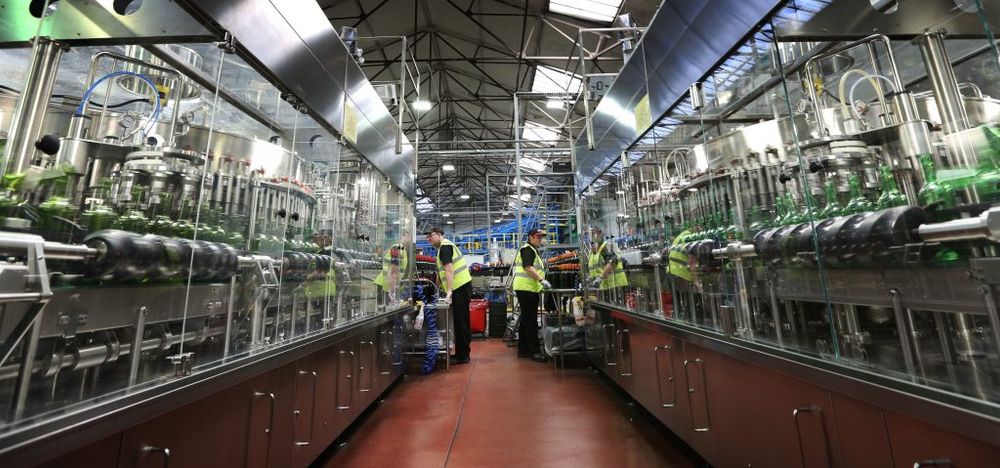
Greencroft Bottling, part of the Lanchester Group, is one of a number of leading facilities that are transforming the way wine is bought, bottled and sold in the UK and around the world
Bulk wine is so disruptive because it allows the dynamics of supply and demand to truly dictate what is being sold and bought across the world’s key wine markets. Yes, on the hand it has helped turn some wine in to a commodity, but it has also enabled that part of the market to become more professional and quality driven than it has ever been before.
The fact the most experienced and knowledgeable wine buyers can’t now tell the difference between bottled in market and bottled at source wines shows how far the quality of bulk wine has come. Every step of the bulk wine supply chain has been enhanced, improved and made more professional. Be it the handling of wine in the wineries, through to the ability of the big shippers and logistics companies to stabilise hundreds of thousands of litres of wine over a period of weeks at sea.
Then there are the enormous steps that have been taken by the major in-market bottlers, like Kingsland Drinks, Greencroft Bottling and Broadland Wineries, that can now take that wine and ensure it is bottled to the highest possible quality. It has also enabled some of those businesses to transform their own business models to become brand developers in their own right, looking for gaps in the market and then going out to source wines to fill them.
All of which has helped bring bulk wine to the masses and made it a mainstream part of the industry.
Bulk wine for all
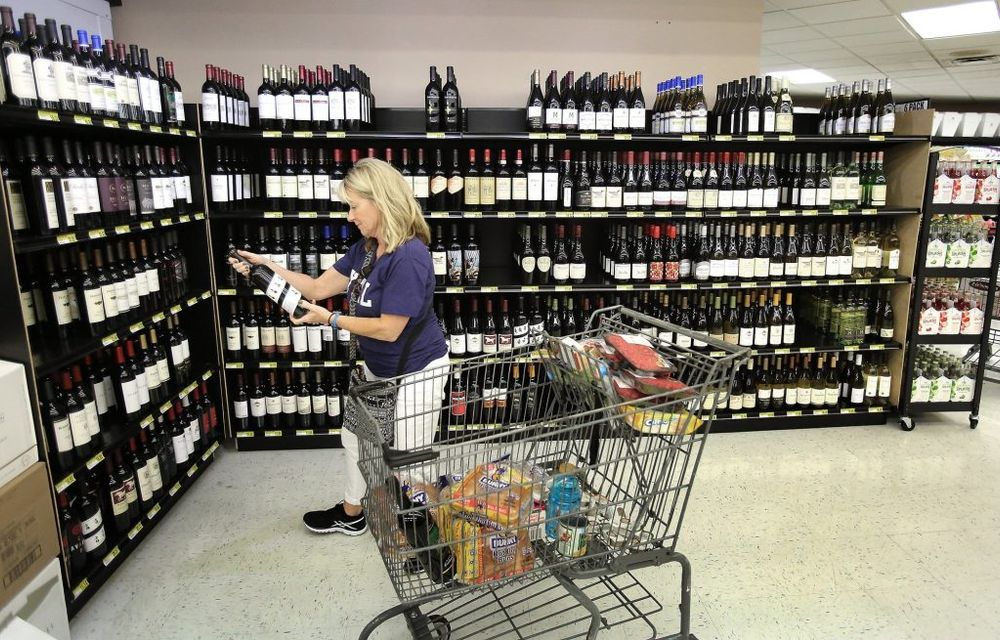
Look close enough on a back label and it is increasingly likely to say “bottled in the UK”
Bulk wine is now so disruptive that any wine buyer worth their salt, at all price levels, needs to look closely at what is being offered by a bottled in market solution. From supermarket buyers, to premium pub and restaurant groups, even sommeliers, bulk wine now has a solution for them.
It is enabling operators of all sizes, be they a major retailer, wine merchant, restaurant or bar, to produce their own wine labels and become brand developers rather than simply agents or retailers to sell other people’s products. Bulk wine is, for the first time, giving them control of their own supply chain, which is arguably the most disruptive factor of them all.
But crucially bulk wine is also helping the wine industry as a whole better engage with consumers in both the on and off-trades. Bulk wine is helping to create super varietals, be it Pinot Grigio, Malbec or Sauvignon Blanc, that can be made the world over and then traded and shipped to whichever market has the most demand for it.
It is helping to create a new language for wine that everyone can understand. Trade and consumer alike. Rather than there being this perpetual knowledge gap between the WSET-educated wine trade, that can only talk to consumers about wine in terms of its acidity, length and tannins, they can use super varietals to act as a guiding lights, flagpoles, if you like, in the ground from where they can get their bearings and understand the wines being talked about.
For that alone bulk wine should be given its very own A*.
- This article was first produced for VINEX, the bulk wine trading platform that allows both producers and buyers to post up their bulk wine requirements and trade online.

